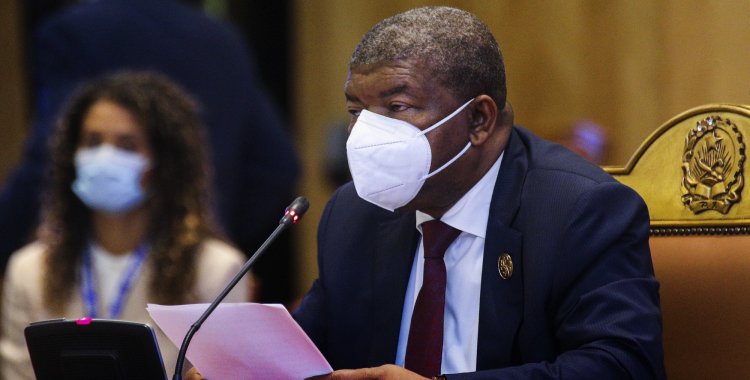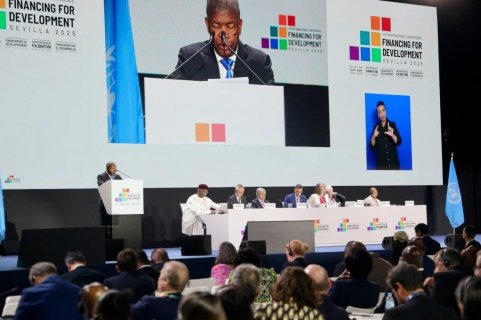João Lourenço ignored the appeals of the opposition parties, which last week criticized the approval of the law in parliament, with only favorable votes from the MPLA, as they considered it "does not guarantee electoral truth".
For the opposition, the approved law "does not guarantee fairness, transparency and electoral truth", according to a joint statement signed by the parliamentary groups of UNITA, the biggest opposition party, of the Convergence Broad for the Salvation of Angola - Electoral Coalition (CASA-CE), deputies from the Social Renewal Party (PRS), from the National Front for the Liberation of Angola (FNLA) and not part of a parliamentary group subscribe to the joint statement.
For these parties, the law, approved in the second deliberation, "does not guarantee a peaceful and democratic transition of political power between competitors, it fosters distrust and threatens political stability" and "puts into question the respect for the sovereignty of the people".
The law was approved as a whole last Wednesday with 127 votes in favour, by the Popular Movement for the Liberation of Angola, 47 against and no abstentions.
UNITA, CASA-CE, PRS, FNLA and independent deputies also consider that the law in question "is not safe", noting that Angola, in 46 years of independence, "has not yet changed the governing party, not by its own will , but by manipulating that will in the ballot boxes, on computers and in the National Electoral Commission" (CNE).
"In practice, it is the Security House of the President of the Republic that controls the election, because it controls the CNE. And this happens, as we all know, because loopholes in the law are taken advantage of", said the underwriters.
The MPLA defended the favorable vote, through deputy António Paulo, stating that the law "shows that the political class is committed" to deepening the democratic and legal State, stating, however, that the road to travel "is still long" .
This bill returned to parliament, after João Lourenço asked for the reconsideration of some of its norms, namely those relating to electoral corruption and the prohibition of inaugurations of undertakings or public works during the electoral campaign.
The opposition also considered that instead of guaranteeing control of electoral truth, as stated by João Lourenço in a letter addressed to parliament, the National Assembly "is facilitating the diversion of the ballot papers".
General elections are scheduled for 2022 and at the moment the process of unofficial electoral registration of citizens over 18 is taking place in the country.
João Lourenço promulgates electoral law despite opposition appeals
This Tuesday, the President of the Republic enacted legislation that amends the Organic Law on General Elections, following its approval by the National Assembly, in a second deliberation, according to a note from his Civil House.







